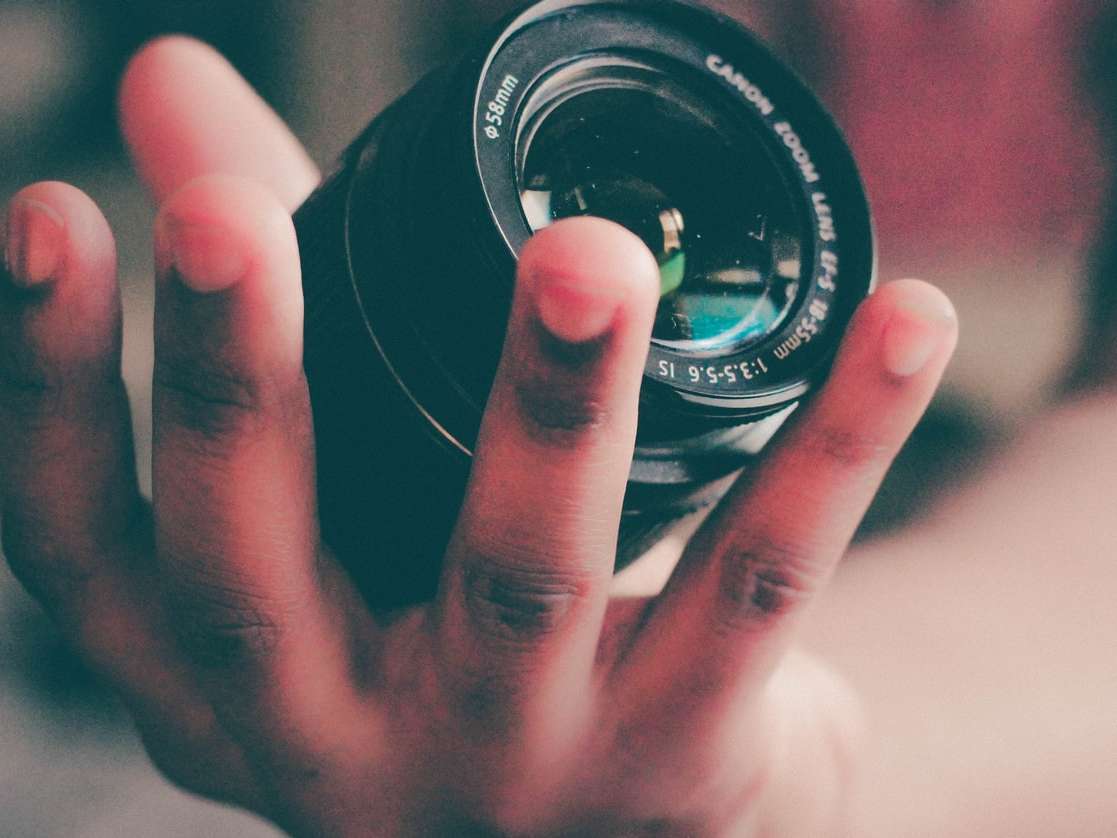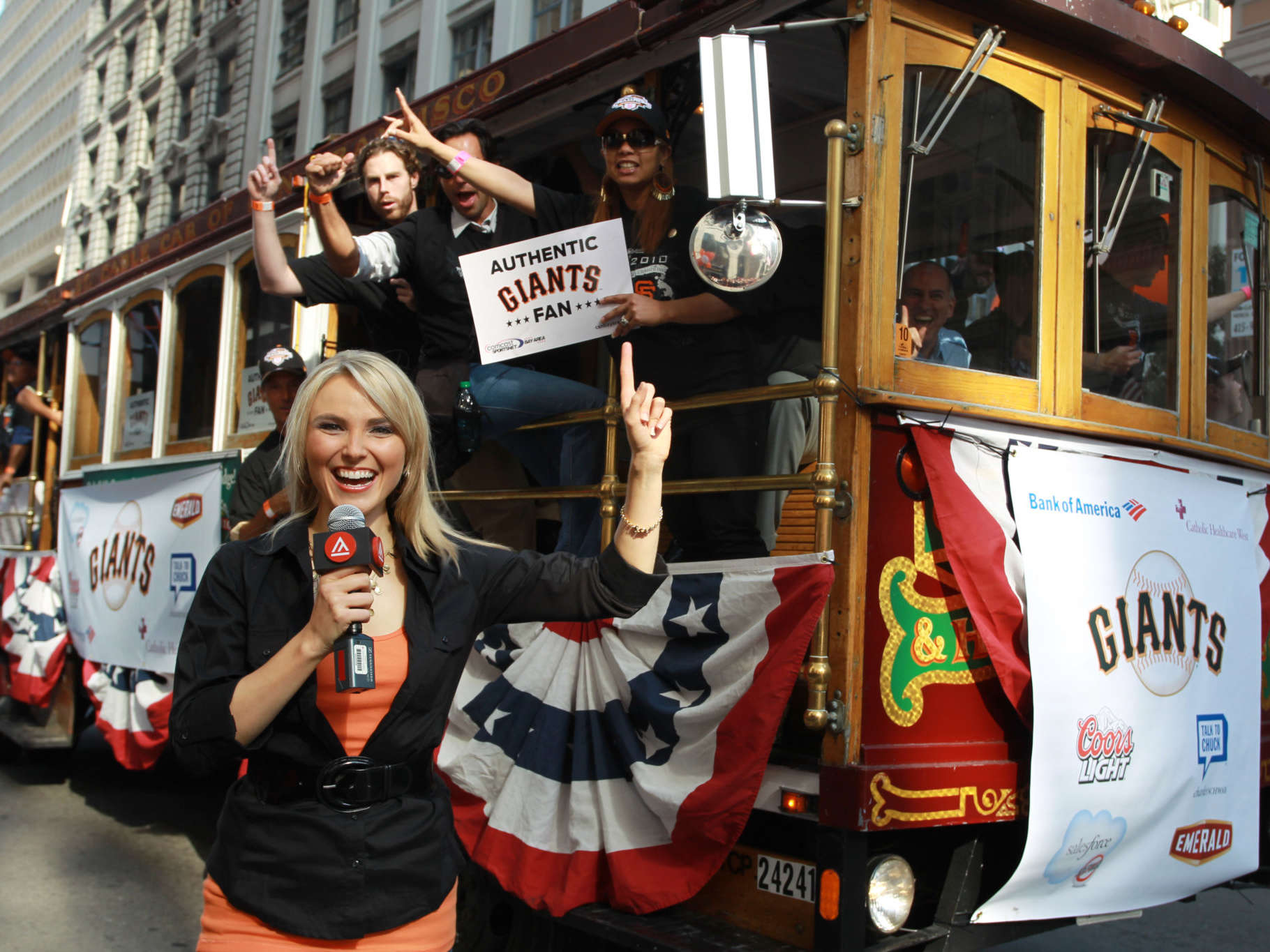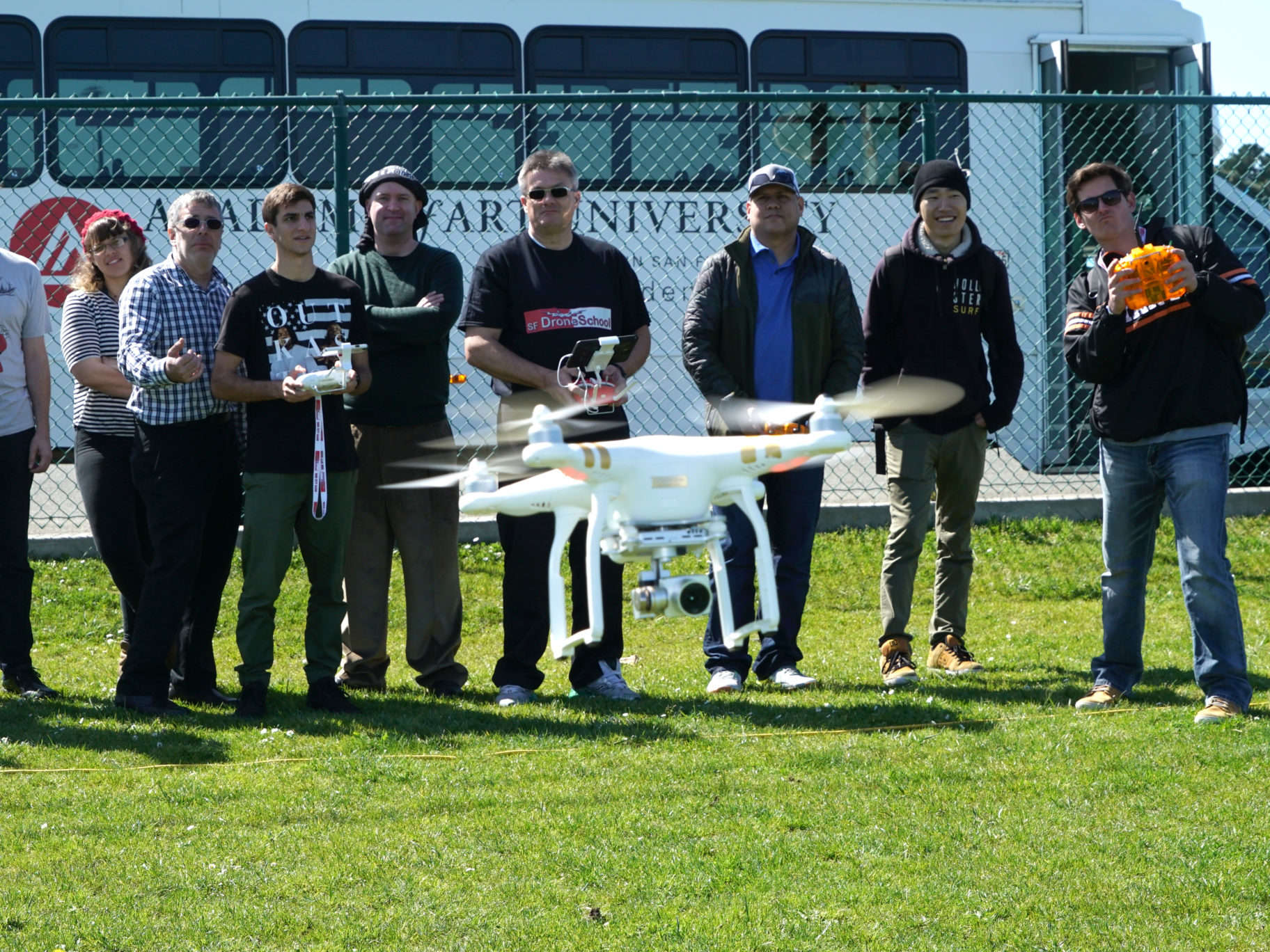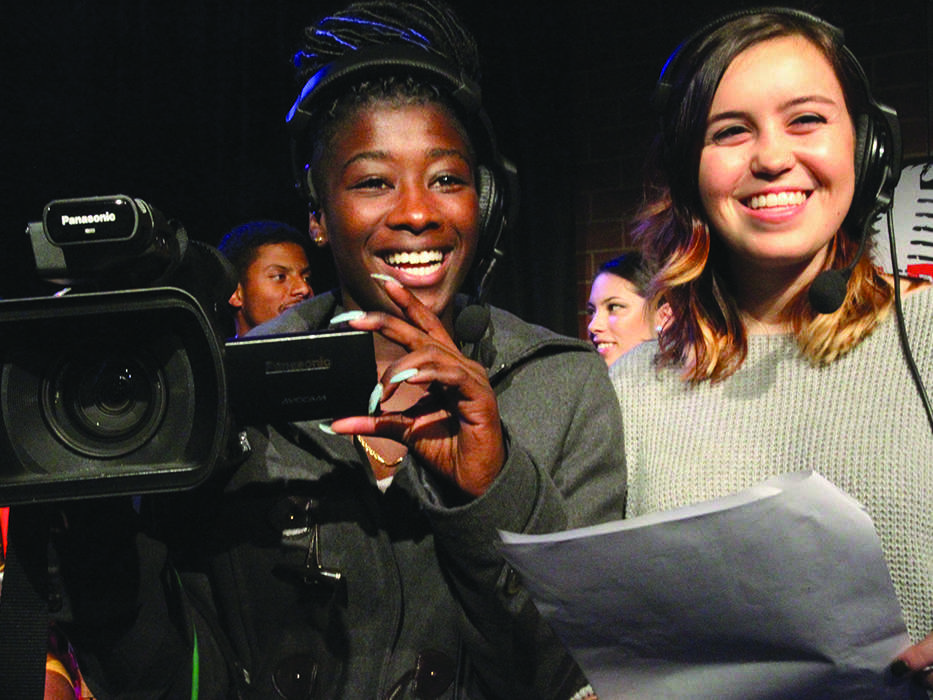Seven Tips on How to Be a Good Interviewer
If you’re considering a career in communications, knowing how to be a good interviewer can be critical to your success.
How to do a good interview may seem like a mystery. After all, so many things seem like they’re out of your control.
However, a good interview really depends on a basic blueprint designed to make conversations smooth and productive. The three basic rules are to be punctual, be polite, and be professional.
Obviously, an element of improvisation will always be there. But if you follow the below seven strategies, you can make your interviewing technique even stronger. And having a good approach with interviewing others can make you stronger overall, whether you’re planning on becoming a radio show host, news reporter, or television producer.
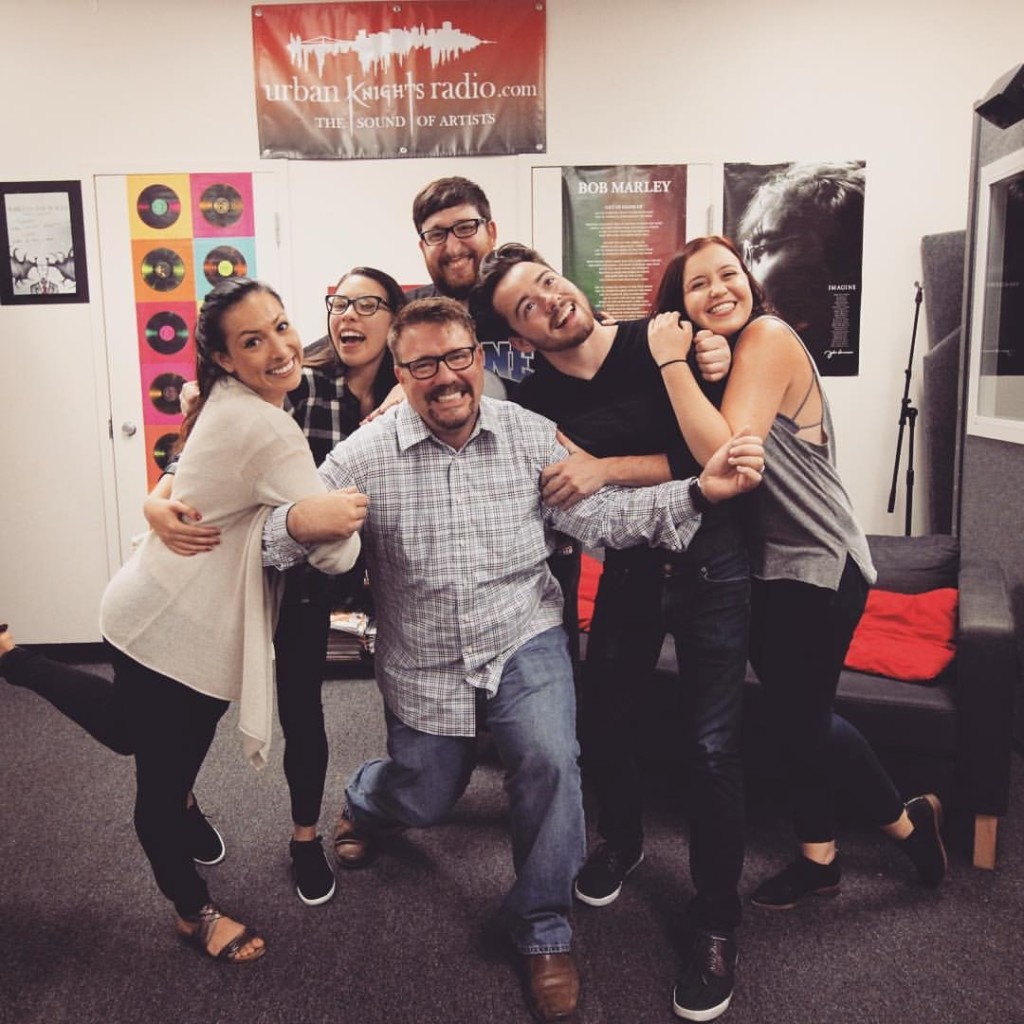
Research the Person You’re Interviewing
Research, research, research. Going into an interview without reading up on the subject shows a lack of professional preparation on your part.
Moreover, not having core info about the subject makes your job way harder. You could end up asking the wrong questions about things that the subject considers basic knowledge. That could come across as disrespectful, even though that wasn’t your intent.
But what should you be looking up? In general, be sure to cover the basics: when were they born, what are they known for, major life events, and anything a biographer would need to know. Familiarize yourself with causes and movements that are important in their lives.
Going over previous interviews with other interviewers can also give you a sense of what your subject is like and other details.
Prepare a List of Questions and Follow-Ups
Good interviewers try to minimize long, awkward silences as much as possible. After all, your job is to keep the ball rolling and make your subject feel comfortable talking.
Having a comprehensive list of questions and follow-up questions can help you prevent the discussion from going on a tangent. If your questions and answers are too random, your final write-up will look pretty disjointed, and you might not have a lot of usable information.
In fact, your list of questions and follow-ups can help you form a narrative or a story that will make people want to read your interview.
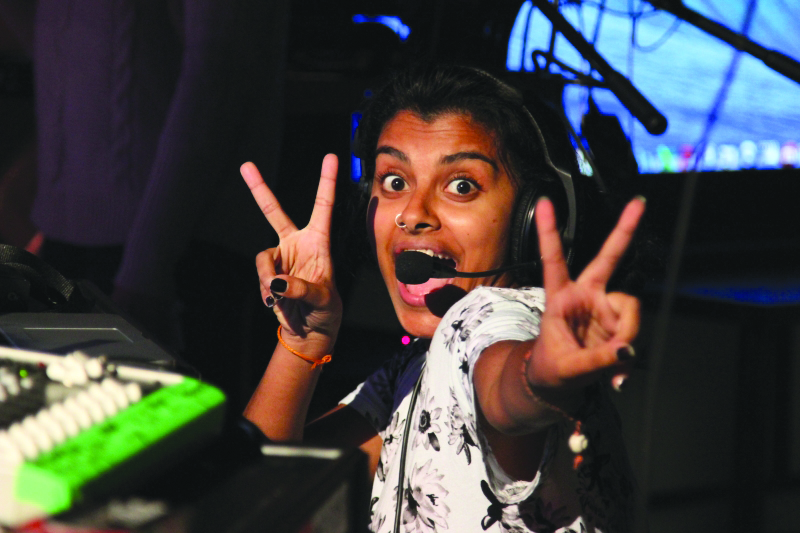
Always Ask if You Can Use Certain Statements on the Record
To be a good interviewer, you have to make sure that you and your subject are on the same page. This also means asking if certain statements can be “on the record.” This means that you have to ask if they’re okay with having what they just said published.
Failing to check with your subject can lead to misunderstandings and hard feelings, especially when you’re talking about sensitive or controversial things.
Plus, using something in an article that the interviewee meant to be an off-the-record statement may also have a serious negative impact on your professional reputation. It can even affect your chances of getting interviews with other people!
Consider the Location
You don’t want to meet your subject in a busy coffee shop or another location that offers many distractions. However, you also don’t want it completely quiet and boring. It’s also important that it’s physically comfortable. For example, don’t suggest meeting at a picnic table in the park if there’s a chance of wind or rain.
If the interviewee doesn’t invite you to their home, shoot for someplace public during non-peak hours, such as a good restaurant at 1:30 PM.
Make Eye Contact and Listen Carefully
Of course, a good interviewer should always look attentive. Making eye contact, nodding, and appearing excited can all go a long way.
Don’t make your interviewee feel as if they’re being dismissed by appearing disinterested. By not showing that you’re engaged, the quality of the answers will suffer. Listening carefully also helps ensure accuracy!
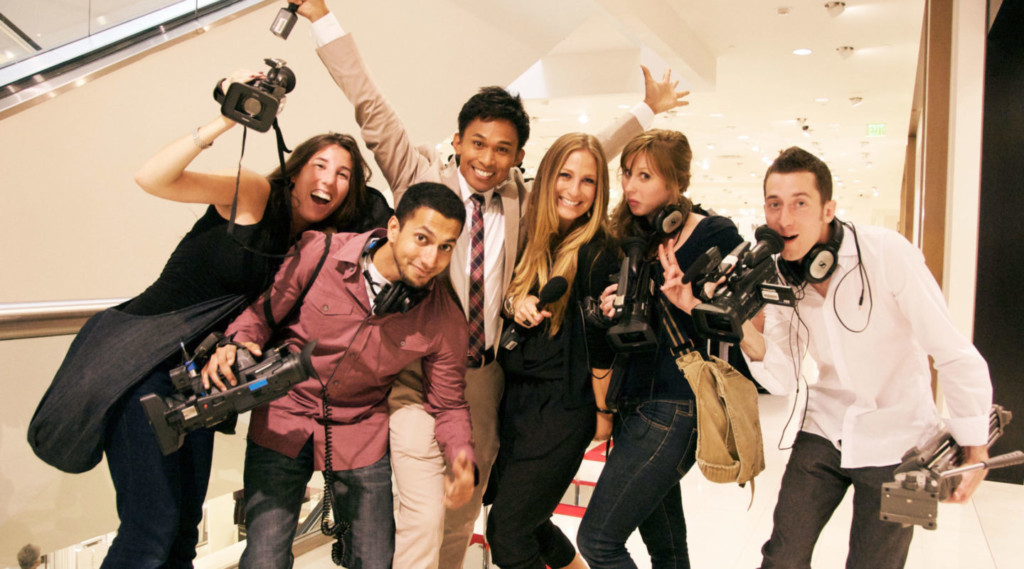
Read the Room
Seriously, don’t kill the mood. If you notice that your subject seems uncomfortable, it’s time to change the direction of the conversation. Avoid asking overly invasive questions and, above all, avoid being pushy. Pay close attention to body language and tone!
Give It a Test Run With a Friend or Fellow Student
You’ll be less nervous while interviewing someone if you give it a test run with another student, friend, or sibling pretending to be interviewed. Think of it as the journalistic equivalent of a fire drill.
Once you’re doing the actual interview, you’ll come across as more polished and professional if you practice beforehand.
If these tips helped you, visit the School of Communications & Media Technologies page. Request more detailed information about programs and course offerings at Academy of Art University, or embark on your journey as a communications student by starting on your application today!



